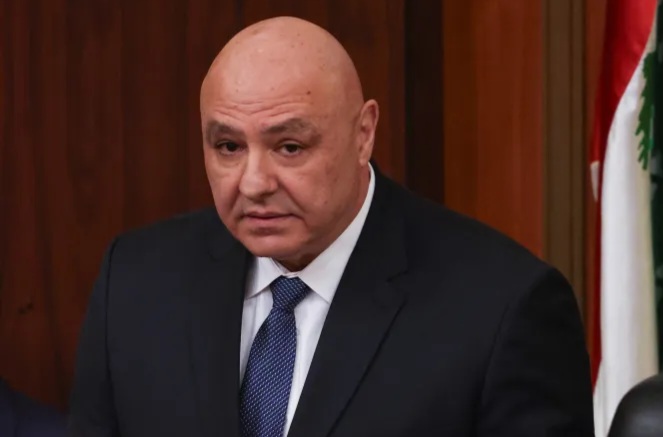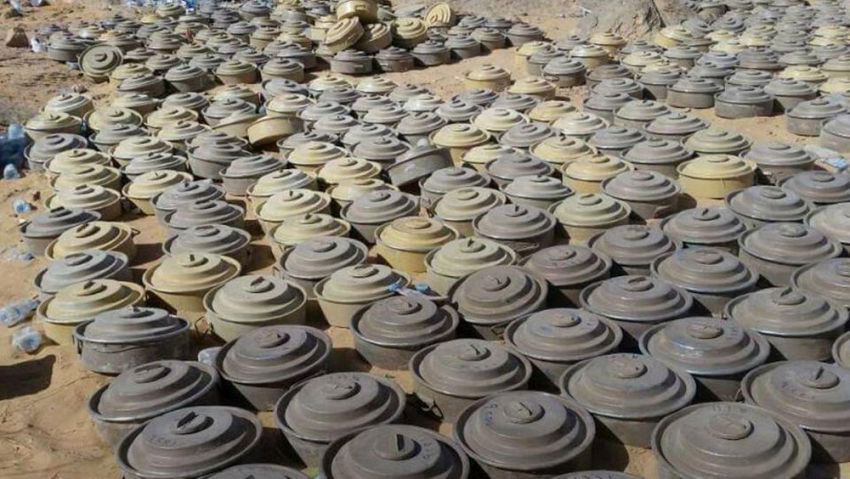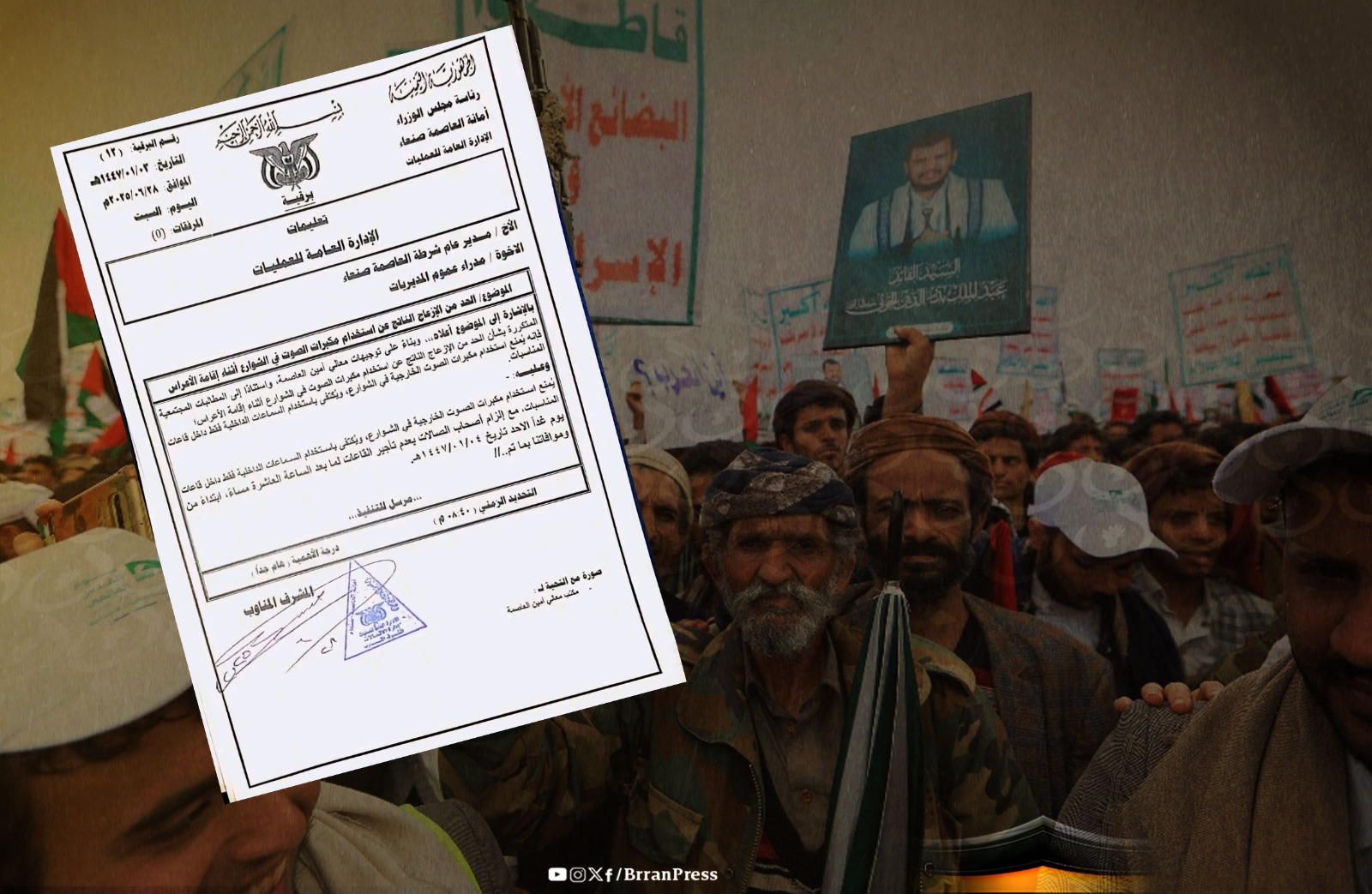
Barran Press - Al Jazeera
On Thursday, the Lebanese Parliament elected Army Chief General Joseph Aoun as the new President of Lebanon, following the completion of the second round of voting after a vacancy in the presidency that lasted over two years.
General Aoun secured 99 votes during the session, which was attended by all 128 parliament members. Upon the announcement of the results, he took the oath of office and addressed the nation, stating, "Today marks the beginning of a new chapter in Lebanon's history. I promise to exercise the full powers of the presidency as a fair arbiter among institutions."
He emphasized the need for political and economic reforms, noting, "We have reached the hour of truth, and we are in a governance crisis that requires a change in our political and economic performance. Lebanon remains the same despite wars, explosions, and mismanagement of our crises."
Aoun called for unity under the law, urging no interference in the judiciary, and stating there should be no favoritism or immunity for criminals or corrupt individuals.
Earlier in the day, the parliament had suspended its session for consultation after failing to elect a president in the first round, where no candidate received the two-thirds majority of votes required. The first round concluded without a choice, as Aoun received 71 votes, while 37 ballots were blank and four were invalid.
To win in the first round, a candidate needed 86 votes, while a simple majority of 65 votes sufficed in the second round.
On November 28, 2024, the Speaker of Parliament set January 9, 2025, for the presidential election session. Since the end of Michel Aoun’s term, parliament had failed to elect a new president over 13 sessions spanning two years, the last being on June 14, 2023, resulting in the sixth presidential vacancy in Lebanon's modern history.
Recent reports indicated that General Aoun was likely to be elected, given his regional and international support, particularly from the United States. This week, U.S. envoy Amos Hochstein, Saudi envoy Yazeed bin Mohammed bin Fahad Al Farhan, and French envoy Jean-Yves Le Drian held separate meetings with various Lebanese lawmakers and political figures.
The new president and the government he forms will face significant challenges, including reconstruction following the recent war that devastated parts of southern and eastern Lebanon, as well as the southern suburbs of Beirut. The president will also need to implement the ceasefire agreement, including adherence to UN Security Council Resolution 1701, which calls for disarming all non-state armed groups.





